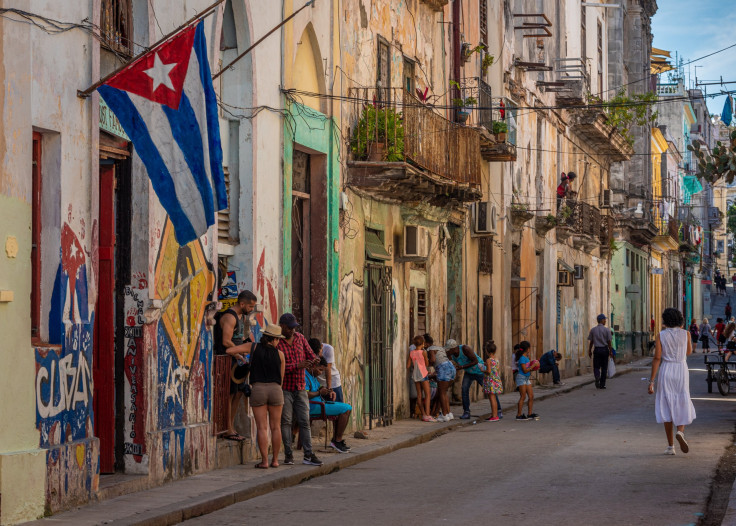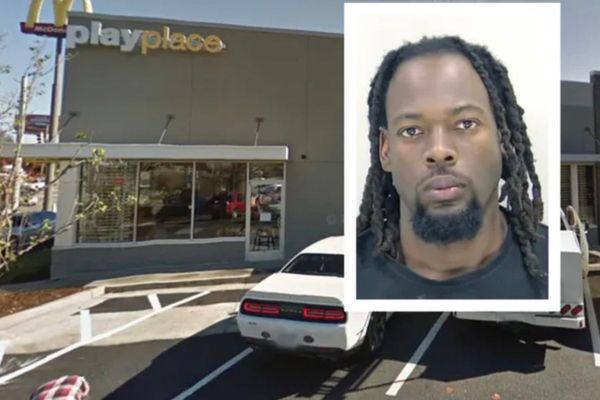
Cuba is grappling with one of the most severe crises in its modern history, marked by economic collapse, mass emigration, and deteriorating living conditions. Widespread blackouts, fuel shortages, and delays in food and essential supplies have compounded the challenges.
Tourism, once a vital pillar of Cuba's economy, has seen a dramatic decline, with visitor numbers down nearly 50% since 2017. U.S. sanctions, including travel and visa limitations, have further complicated the situation, affecting not only American tourists but also visitors from Europe.
The impact is visible in Havana's streets, according to The New York Times, which detailed how classic American cars now sit idle and private businesses struggle to survive in the face of dwindling customers and an exodus of workers.
The crisis has driven an unprecedented wave of emigration, with official figures showing the population has decreased by at least one million since the pandemic. Over 675,000 Cubans have relocated to the United States.
The unraveling comes a decade after the Obama administration restored diplomatic relations with Cuba, which back then sparked optimism about a reproachment between the two countries.
The period saw increased U.S. investment and a surge in tourism, with major companies like Google and AT&T entering the Cuban market. However, the subsequent tightening of U.S. sanctions under the Trump administration, combined with domestic economic mismanagement, reversed these gains.
Many private businesses now face significant hurdles as they lose workers to migration and grapple with ever-present bureaucratic obstacles.
The Biden administration has made limited efforts to ease some restrictions, but many policies enacted under the Trump administration, such as Cuba's designation as a state sponsor of terrorism, remain in place.
The situation is not expected to improve under the incoming Trump administration, with several Cuban-Americans known for their hardline stance set to hold key foreign policy roles.
The most prominent is Marco Rubio, nominated to be the next Secretary of State. U.S. Representative Mario Diaz-Balart is also rumored to be in line to become the next lead the House Foreign Affairs Committee, and former U.S. Ambassador to the Organization of American States Carlos Trujillo is expected to be nominated for a key role in Latin American affairs.
Together, these three figures have consistently advocated for strict policies targeting the Cuban government, which has faced increased economic hardship from U.S. sanctions, as The Miami Herald reports. During the Obama administration's efforts to restore diplomatic relations with Havana, Rubio staunchly opposed engagement policies, viewing them as concessions to a repressive regime:
Cuban officials, on their end, say the new administration won't bring about much change. "The results of these elections are nothing new for us," Cuban President Miguel Díaz-Canel told state-run media during a visit to Cienfuegos province earlier this month. He added that Cuba would continue to move forward unaffected by external pressures. "The country is ready. We will continue on, without fear," he said, as reported by Reuters.
© 2024 Latin Times. All rights reserved. Do not reproduce without permission.









